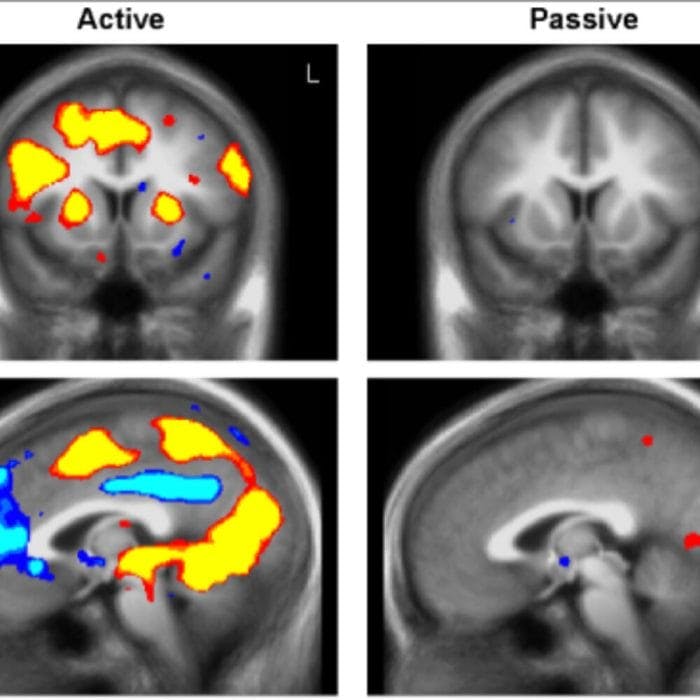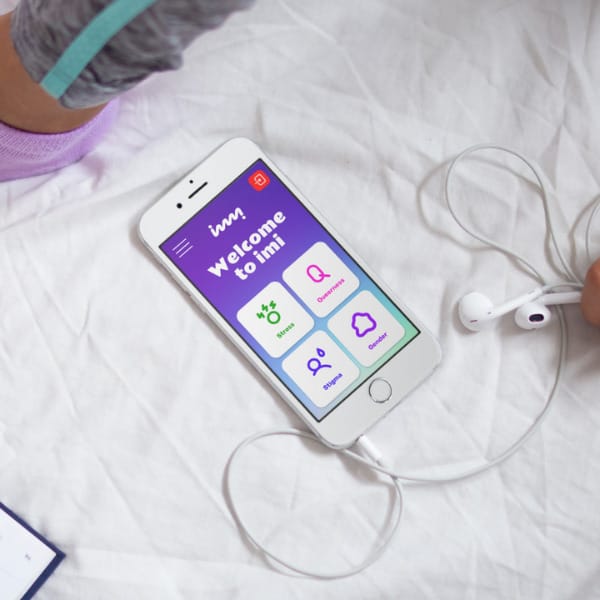Steven W. Cole, Daniel J. Yoo, Brian Knutson
This study sought to determine whether playing a “serious” interactive digital game (IDG) – the Re-Mission videogame for cancer patients – activates mesolimbic neural circuits associated with incentive motivation, and if so, whether such effects stem from the participatory aspects of interactive gameplay, or from the complex sensory/perceptual engagement generated by its dynamic event-stream. Healthy undergraduates were randomized to groups in which they were scanned with functional magnetic resonance imaging (FMRI) as they either actively played Re-Mission or as they passively observed a gameplay audio-visual stream generated by a yoked active group subject. Onset of interactive game play robustly activated mesolimbic projection regions including the caudate nucleus and nucleus accumbens, as well as a subregion of the parahippocampal gyrus. During interactive gameplay, subjects showed extended activation of the thalamus, anterior insula, putamen, and motor-related regions, accompanied by decreased activation in parietal and medial prefrontal cortex. Offset of interactive gameplay activated the anterior insula and anterior cingulate. Between-group comparisons of within-subject contrasts confirmed that mesolimbic activation was significantly more pronounced in the active playgroup than in the passive exposure control group. Individual difference analyses also found the magnitude of parahippocampal activation following gameplay onset to correlate with positive attitudes toward chemotherapy assessed both at the end of the scanning session and at an unannounced one-month follow-up. These findings suggest that IDG-induced activation of reward-related mesolimbic neural circuits stems primarily from participatory engagement in gameplay (interactivity), rather than from the effects of vivid and dynamic sensory stimulation.





